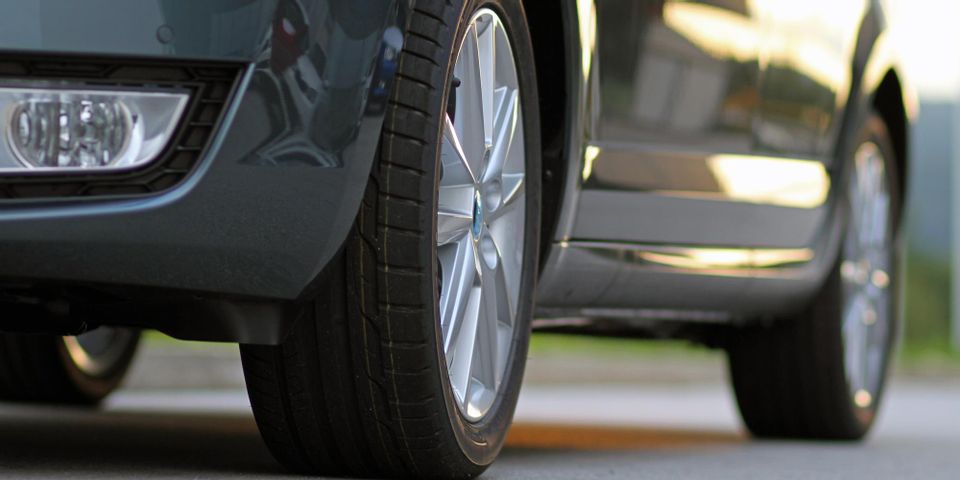
Over time, the tires of your vehicle undergo regular wear and tear. Since the front wheels support more weight, the tread of those tires can deteriorate quicker, putting you at risk of sudden blowouts and flats. Rotating your tires helps distribute the wear evenly, prolonging their life. Here’s everything auto repair experts want you to know about performing this service.
4 FAQs About Tire Rotations
Why are they important?
 Front tires tend to carry heavier weight loads, which causes them to deteriorate nearly two times faster than rear tires. Rotating them encourages your tread to wear evenly, ensuring that your front tires don’t require replacement ahead of the rear ones.
Front tires tend to carry heavier weight loads, which causes them to deteriorate nearly two times faster than rear tires. Rotating them encourages your tread to wear evenly, ensuring that your front tires don’t require replacement ahead of the rear ones.
How often do you need them?
How often you need to rotate your tires depends on the make and model of your vehicle. Your owner’s manual provides a recommended timeline, but auto repair technicians often suggest rotating them around every 5,000 miles.
What are the dangers of not rotating?
In addition to flats and blowouts, failure to rotate your tires can make handling your vehicle difficult. If your front wheels are worn before your back ones, driving in inclement weather, taking sharp turns, and navigating inclined planes becomes much more difficult, putting you at an increased risk of accidents and collisions.
What does the process entail?
Tire rotations are simple and can take as little as 15 minutes. Your auto repair team will simply switch your front tires with your back ones. For non-directional tires, they’ll use a cross pattern, moving your back tires straight to the front and the front ones to opposite sides of your vehicle’s rear.
If you’re due for a tire rotation, visit the Muffler Brothers. Servicing Chillicothe, Ross County, and Southern Ohio, this auto repair shop has over 17 years of experience with auto diagnostics, wheel alignments, oil changes, exhaust repairs, brake services, and other vehicle maintenance. They’re also a dealer of leading tire brands such as Goodyear®. Visit them online to send them a message, or call (740) 772-1890 to schedule an appointment.
About the Business
Have a question? Ask the experts!
Send your question

